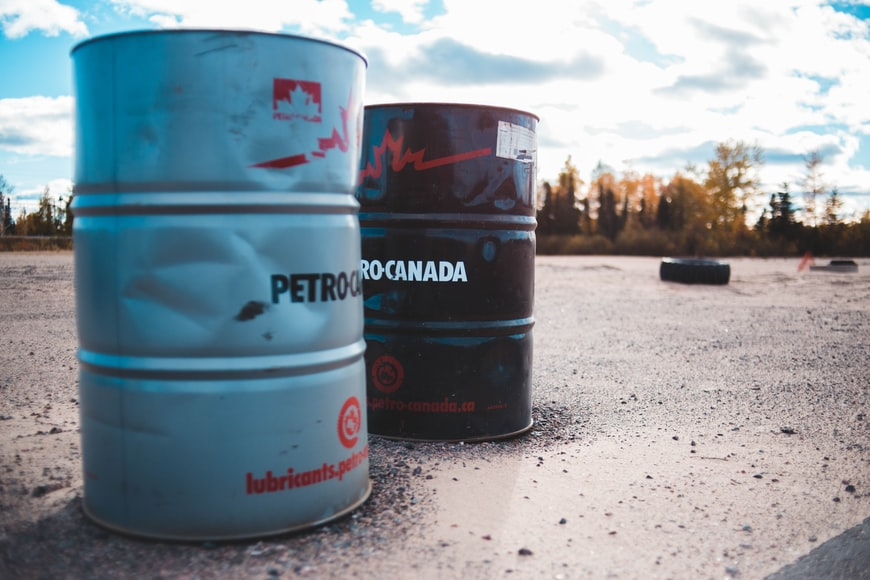Oil: OPEC + production shortages push prices up


OPEC +, the cartel of producing countries, has increased production, but this is little more than a theoretical decision, given that the countries that are part of it are unable to reach the assigned market shares.
In December, OPEC + added 253,000 barrels per day to its combined production, remaining well below its 400,000 barrels per day target for another consecutive month of growth. Of course, this has fueled concern over global supply security amid the International Energy Agency's (IEA) predictions that demand for oil will surpass pre-pandemic levels by the end of the year.
The IEA took a pretty big forward crab, as, due to Omicron and the promised quota hike, it predicted a drop in demand and an increase in output. Instead the former did not drop as expected and the latter did not grow as expected. Moral of the story, the predictions weren't right. This wrong prediction helps push oil towards $ 100 a barrel.
"These monthly [OPEC] additions are increasingly nominal," Bill Farren-Price, director of intelligence at consulting firm Enverus, told the Wall Street Journal this week. "They are not fully supported by real barrels."
"Oil has had an extraordinary run in recent weeks, driven by very bullish fundamentals as disrupted supply has struggled to keep up with strong demand," OANDA senior analyst Craig Erlam told City AM.
"OPEC and the IEA have referred to the resilience of demand since the emergence of omicron in recent weeks and the inability of OPEC + to meet its production targets, or even come close, has led to the kind of action on one-way pricing that we testify, ”added Erlam.
Morgan Stanley's Martijn Rats said in a note to customers that Brent crude could hit $ 100 this year during the second quarter as global crude inventories decline and investment in new production remains limited. He added that high prices could persist into next year as well.
Whatever the immediate future moves in oil prices, the fact remains that OPEC, Russia and their Central Asian partners do not appear to be able to stick to their production quotas for reasons ranging from political problems in Libya to technical problems in Nigeria and decreasing capacity stocks in Russia and most of OPEC.
The strength of oil demand appears to have been consistently underestimated by some forecasters and this could add more potential upside to prices, and not just in the short term. Greater upside potential will come from the other looming problem in the oil industry: insufficient investment.
On the other hand, from the point of view of supply, under-investment is felt, the lack of capital for the development of existing fields and the search for new ones, an activity necessary to keep production constant. This is felt almost everywhere, even in Arabia. the drop in oil demand has been overestimated, renewable energies are far from completely replacing hydrocarbons.
Morgan Stanley expects global reserve oil production capacity to shrink from 6.5 million barrels per day currently to just 2 million barrels per day by mid-year. This would be the result of increased production by OPEC and its partners under their agreement to return to pre-pandemic production levels. And this drop in spare capacity, according to the investment bank, would push Brent to $ 100 or more.
OPEC does not want oil at $ 100, because this excessively incentivizes alternative sources and quotas from countries outside the cartel. But without investments there is no production …

Thanks to our Telegram channel you can stay updated on the publication of new articles of Economic Scenarios.
The article Oil: OPEC + production shortages push prices up comes from ScenariEconomici.it .
This is a machine translation of a post published on Scenari Economici at the URL https://scenarieconomici.it/petrolio-le-carenze-produttive-opec-spingono-i-prezzi-in-alto/ on Fri, 28 Jan 2022 15:51:28 +0000.
